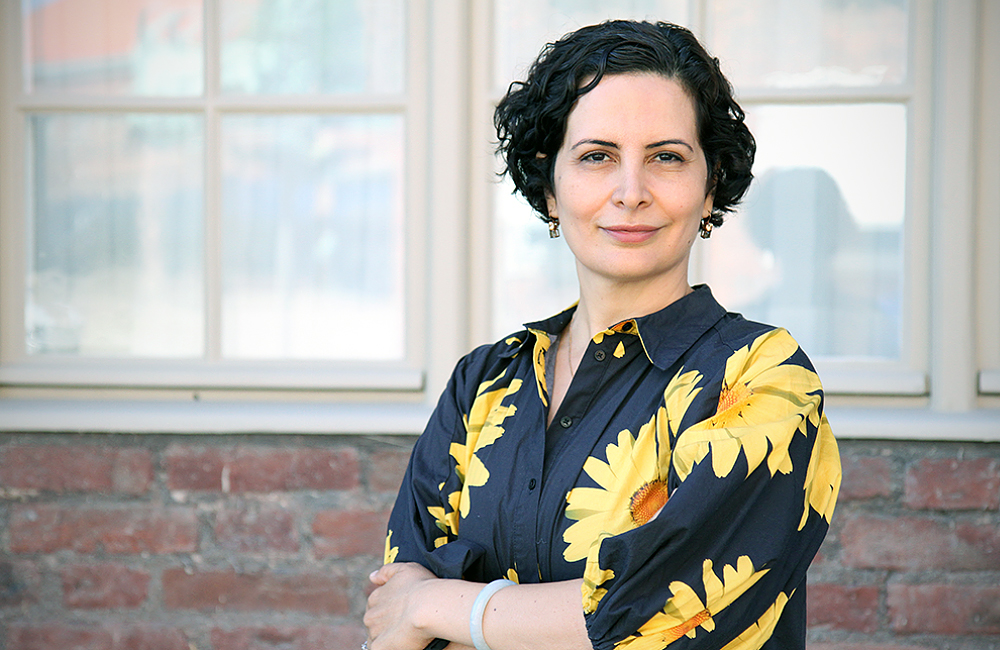Water conflicts more frequent - how to solve them

Water is a scarce resource,causing an increasing number of conflicts. A project at KTH Royal Institute of Technology is exploring how nations and regions can better resolve the problems.
Conflicts over water, which occur both within and between countries, are often caused by a lack of irrigation or drinking water, or by decision-makers directing water use to favour certain industries, such as agriculture or the energy sector.
"Most conflicts are not violent, but if they are not resolved, they can become violent in the long run," says Zahra Kalantari, senior lecturer in water and environmental engineering and director of the KTH Water Centre. She is leading a research project on water conflicts.
In a database, the researchers have gathered studies, research publications and media articles on water conflicts from the 1950s until today. Both cooperation and conflicts have increased in the 21st century, and in 2017 a trend reversal occurred as conflicts over water issues outnumbered cooperation.
"The changes took place in Africa and Asia, with the main driver in Africa being climate change leading to long droughts. In Asia, dam construction, irrigation and increased population density were important factors in the increase in conflicts”, Kalantari says.
Effective co-operation
Research shows that collaboration on water resources leads to less conflicts, especially in developing? countries. Using the database, researchers hope to identify the most effective collaborative actions over the years. Thanks to AI tools such as ChatGPT, it is now possible to go deeper in analysing appropriate collaboration models, Kalantari says.
A way forward could be to combine diplomacy with economic co-operation.
“This contributes not only to conflict prevention but also to economic benefits, creating a virtuous cycle that further reduces the likelihood of disputes,” she says.
The aim of the research is to develop a toolbox of science-backed forms of co-operation that can be used by governments and policymakers around the world.
Some of the world's most recognised water conflicts are over the Nile Basin in eastern Africa involving Egypt, Sudan and Ethiopia. In Central and South Asia, the countries India and Pakistan have a long-standing dispute over the Indus river system. In the Middle East, water scarcity is a critical issue as a result of drought.
Climate change is worsening
As global warming increases, so does the risk of conflict and disputes.
“Climate change worsens water scarcity. It causes unpredictable precipitation patterns and extreme weather events, intensifying competition for water," says Kalantari:
“This shows the urgent need to promote cooperative approaches. We can help governments around the world to reverse the negative trend.”
Currently, it is mainly rich countries that have access to appropriate fora, such as the EU, where collaboration agreements can be negotiated. The researchers want to explore the possibilities for more suitable platforms for nations that lack equal resources.
Given today's tensions and geopolitical conflicts, is it realistic to expect more cooperation?
“Research shows that while there has been conflict, there has also been collaboration. Even if there is tension, there has been progress. People want to solve problems, not remain in conflict.”
Text: Christer Gummeson (gummeson@kth.se)
